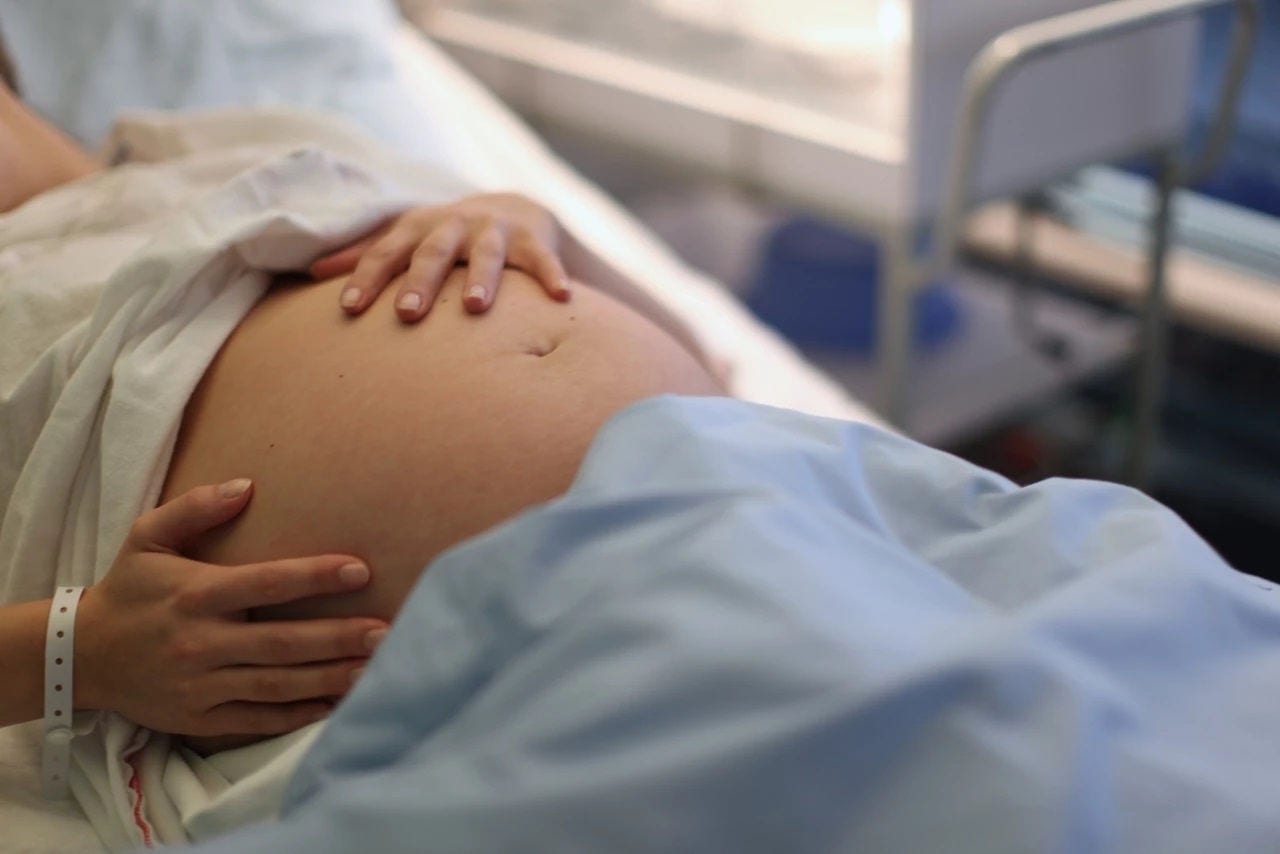Different people experience different energy levels during pregnancy. Some feel more tired and naturally want to rest with their feet up, and others feel energised and ready to go. Either way, staying active while you’re pregnant can boost your mood and energy levels while preparing your body for the birth of your baby and helping you maintain a healthy weight 10.
If you already take part in a regular activity - keep it up (unless it’s a contact sport or scuba diving, in which case you’ll need to find a new way to stay active!). If you didn’t exercise much, or didn’t exercise at all, before pregnancy, now’s a good time to start. You can ease yourself in gradually with a few gentle walks and increase your activity levels from there.
Why not try:
- Taking the stairs instead of the lift
- Joining an exercise class like yoga or spinning
- Some extra vigorous housework or gardening
If you have other young children, some exercise classes allow them to come along and take part with you. This is a great way to spend some time together ahead of your new arrival whilst staying active at the same time.
Whatever form of exercise you choose to stay active during pregnancy, remember to10:
- Always warm up and cool down to avoid an injury
- Stay hydrated
- Avoid anything too strenuous in hot weather
- Avoid laying on your back for long periods after 16 weeks













